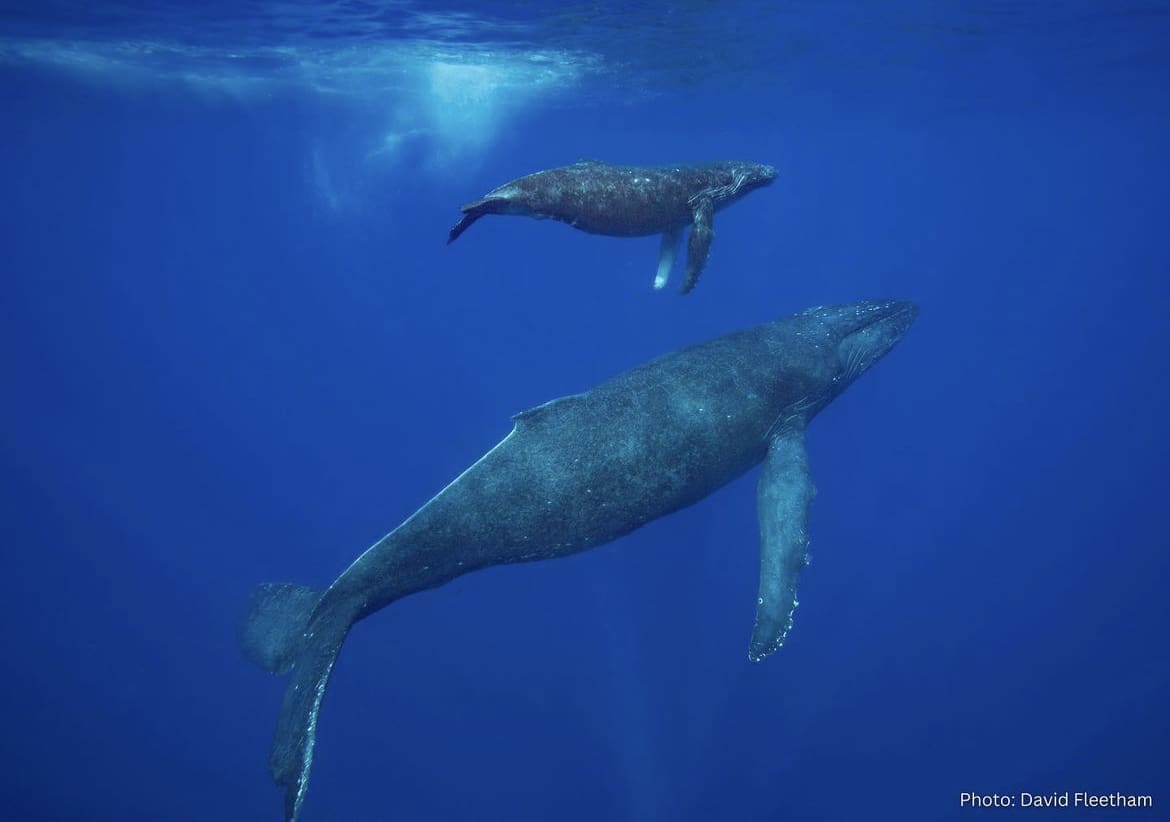Japan’s Controversial Decision to Hunt Fin Whales
In a move that has sparked international debate and criticism, Japan announced its decision to commence commercial hunting of fin whales, a species currently recognized as vulnerable to extinction by the International Union for Conservation of Nature (IUCN).
This decision comes five years after Japan controversially resumed commercial whaling in 2019, following its withdrawal from the International Whaling Commission.
Historically, Japan targeted three species of whales: minke, Bryde’s, and sei, the latter of which is categorized as endangered. With the inclusion of fin whales, Japan broadens its whaling spectrum to encompass another species listed on the IUCN Red List of Threatened Species.
This expansion occurs despite growing global environmental concerns and significant international criticism.
Luke McMillan, an anti-whaling campaigner with Whale and Dolphin Conservation (WDC), vehemently opposes Japan’s decision, deeming it “irresponsible” and a potential catalyst for exacerbating the extinction risk of vulnerable whale populations.
McMillan highlights that this move not only undermines global marine biodiversity conservation efforts but also aggravates the existing pressures on these majestic creatures—such as pollution, climate change, increased shipping traffic, and pervasive underwater noise.
Cultural Significance vs. Conservation
Japan defends its whaling practices by underscoring the cultural importance of whale meat in its national cuisine. Yoshimasa Hayashi, Japan’s Chief Cabinet Secretary, asserts that whales, like other marine resources, should be utilized sustainably based on scientific evidence, emphasizing the preservation of traditional food culture.
Contrary to this governmental stance, WDC contends that the significant whale hunting in Japan commenced post-World War II due to a general meat shortage rather than cultural roots. McMillan also points out that there is a notable lack of demand for whale meat within Japan, with stocks accumulating in freezers nationwide. This has led to innovative yet controversial measures such as the installation of vending machines selling whale meat products in urban centers, aimed at reviving its popularity.
The economic viability of continued whaling is questionable given the limited domestic demand in Japan and other whaling nations like Iceland and Norway. Additionally, the ecological ramifications are profound. Whales play a critical role in marine ecosystems, including their contribution to nutrient cycling through their fecal matter which supports plankton growth.
Fin Whale Interacts With a white-sided dolphin | @dolphindronedom
The future of commercial whaling remains uncertain. While some argue that economic inefficiencies and declining demand might naturally phase out the practice, conservationists fear that without stringent international intervention, the pursuit could lead to drastic declines in whale populations, if not their outright extinction.
Such an outcome would not only be a tragic loss for biodiversity but could also destabilize marine ecosystems, affecting numerous other marine species.
As Japan continues to expand its whaling activities, the international community faces a critical challenge in balancing respect for cultural practices with the urgent need to preserve our planet’s biodiversity. The situation calls for a nuanced approach, incorporating sustainable practices, international cooperation, and perhaps most importantly, a reevaluation of the necessity and impact of whaling in the modern world.
The decision by Japan to hunt fin whales does not exist in a vacuum—it is a litmus test for global environmental governance and our collective responsibility towards endangered species and their habitats.

